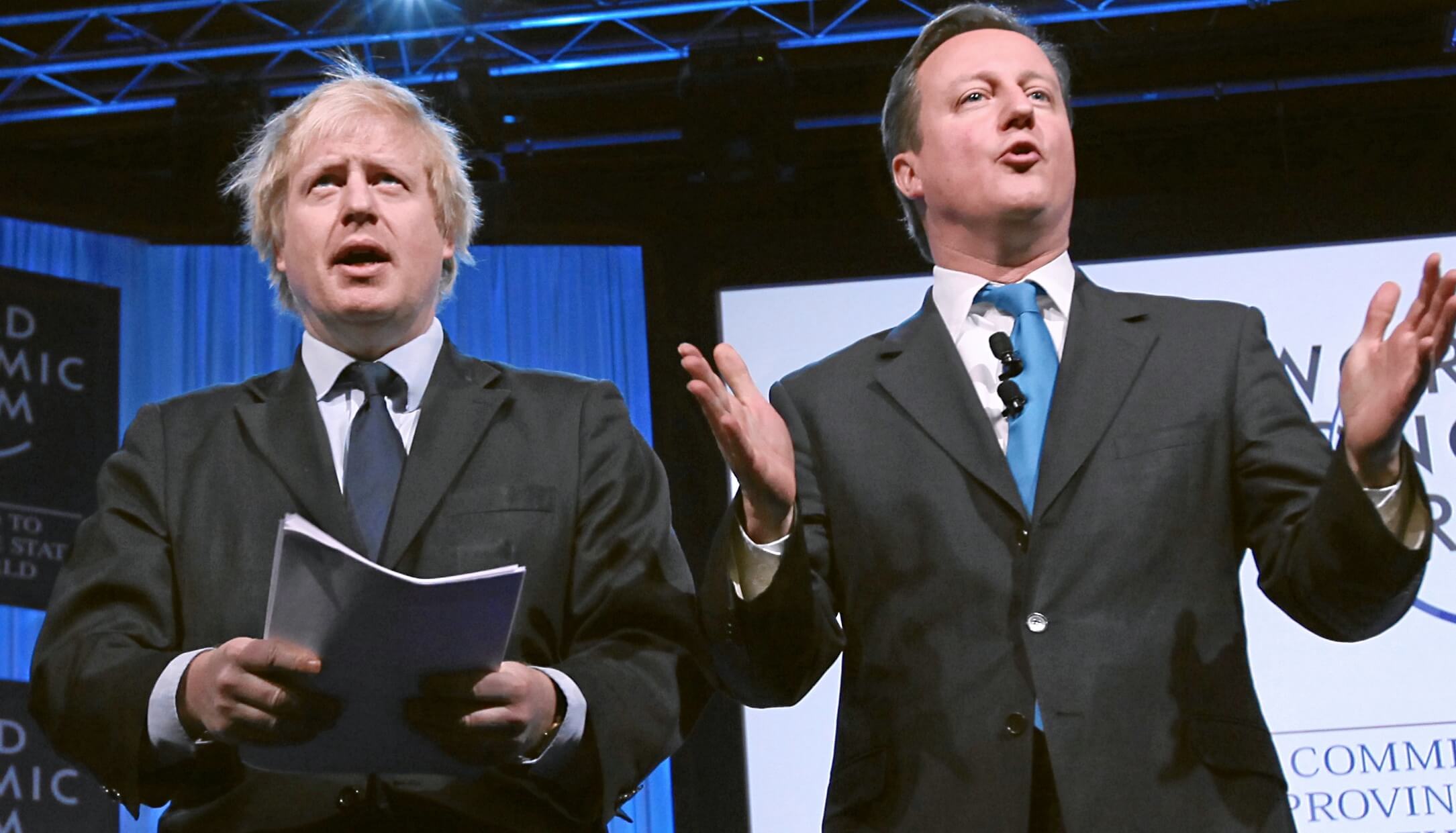(Photo Credit: Gage Skidmore, via Wikipedia)
The social and cultural forces behind MAGA in the United States and those that led the British in 2016 to vote to leave the European Union — by a small margin of 51.9 percent to 48.1 percent — are closely linked. I know those forces, and I feel connected to them.
They reflect common yearning, shared frustration, and a vague but deep belief that once things were better. That once for their nation, there was a time of contentment, prosperity and certainty all wrapped up in patriotism or, more accurately, nationalism.
“Great” is a word with meaning for those who get caught up in this deep desire to find a kind of national fulfillment, which they feel, and feel deeply, is missing.
In Britain, all the years from Britain’s entry into the European Economic Community (EEC) on Jan. 1, 1973, to the fateful vote, there was a feeling among many people, but especially men, that the nation had abandoned its hereditary path of greatness for domination by Europe. They wanted the term Great Britain (officially adopted after the Acts of Union with Scotland in 1707) to mean something.
Their romantic nostalgia was for some amalgam of history when they felt Britain was “great”: maybe the last days of the Empire in the 1950s, maybe the late Victorian era. It was a moveable feast of yearning for something other than multicultural, essentially woke, Britain.
In America, that yearning, as deeply felt and real, is centered on some romanticized appreciation of the 1950s.
The hard thing for people dreaming of an imaginary past of plenty and happiness is that they never existed for everyone and that the golden age for the ordinary people of Britain was the EU years and the present is a unique golden age for America.
With AI, in which we are the global leader (China has technical parity but is limited by its closed, top-down-controlled society), we are about to see history’s largest surge in knowledge, productivity and health. The giant killers like heart disease and cancer may fall, and life expectancy will increase.
The challenge isn’t to transmute this gold into lead, not to seek the future in a sentimental myth, not to relegate America to being just another striving country.
Britain left a dominant position in the councils of Europe for the status of an island nation with an awesome history but a shaky future.
Behind Britain’s prosperity through the years (a prosperity that is now faltering badly) and America’s massive economic muscle (currently, we have the best-performing economy in the world) lay democracy, open markets and free trade.
Those also were the bedrock values of conservatism on both sides of the Atlantic. In today’s political confusion, they have been forgotten or put on a back burner.
MAGA supporters and those who voted Britain out of the EU share a common sense that there was a better time. Brexiteers said Britain had lost its “sovereignty” without anyone defining the loss.
When I was 21 years old, I worked in London in the movement to keep Britain out of what was then the EEC, precursor of the EU, believing it would be a big economic mistake. Not long after its entry, I changed my mind: It was a bonanza for the financial markets, the farmers, and all those who had goods to sell.
The forces of Brexit and MAGA were always present, but it took two Pied Pipers to fire them up, to shape them as voting blocks, and to have them take over the conservative politics in both nations.
Britain’s Pied Piper was Boris Johnson, who kept up a steady and often dishonest flow of anti-European information when he was the Brussels correspondent of the conservative Daily Telegraph. These fabrications remained alive throughout the Brexit campaign. So, when David Cameron, the Conservative prime minister, offered Britain a referendum on EU membership, Johnson, then a member of parliament, was ready.
Donald Trump rode into the presidency on four words: Make America Great Again.
Besides being larger-than-life and often clownish figures, Johnson and Trump are quite different people. They both rose to corral the loyalty of those yearning for a different reality, one that would inadvertently damage those they sought to lead.
They would effectively seek to transmute gold into lead and tell everyone it was platinum.
I don’t ridicule MAGA supporters, but I fear the power of false narratives. The past is prologue; it isn’t the future.


